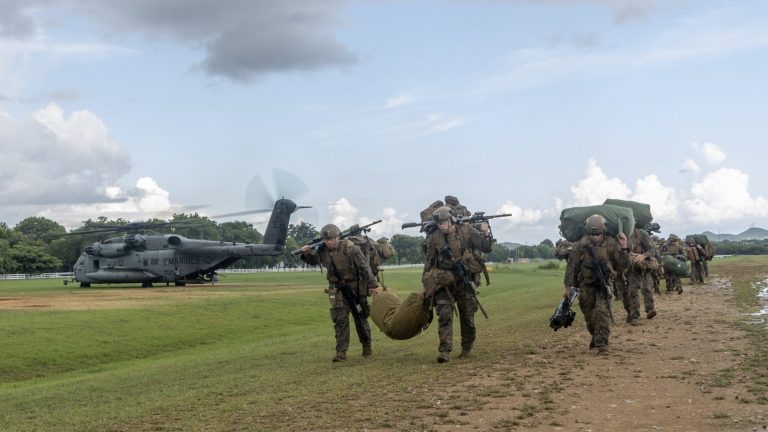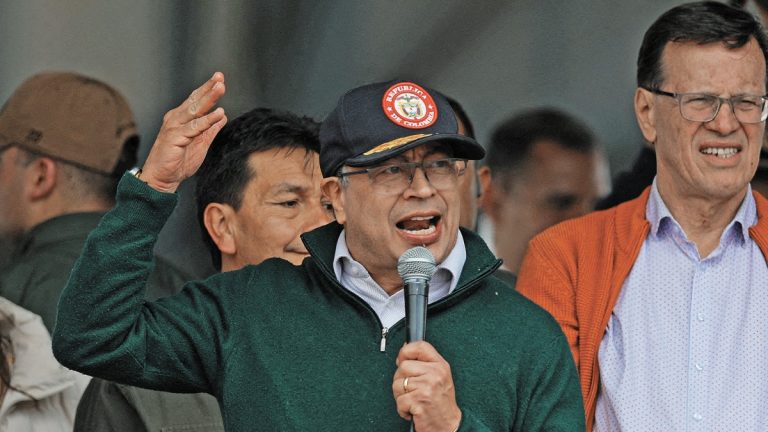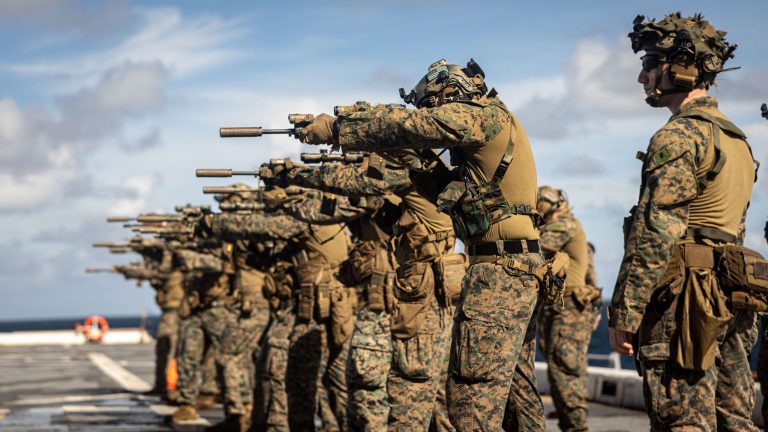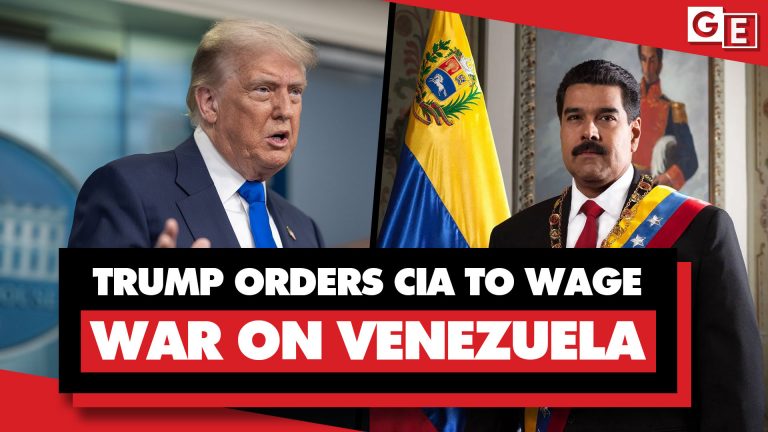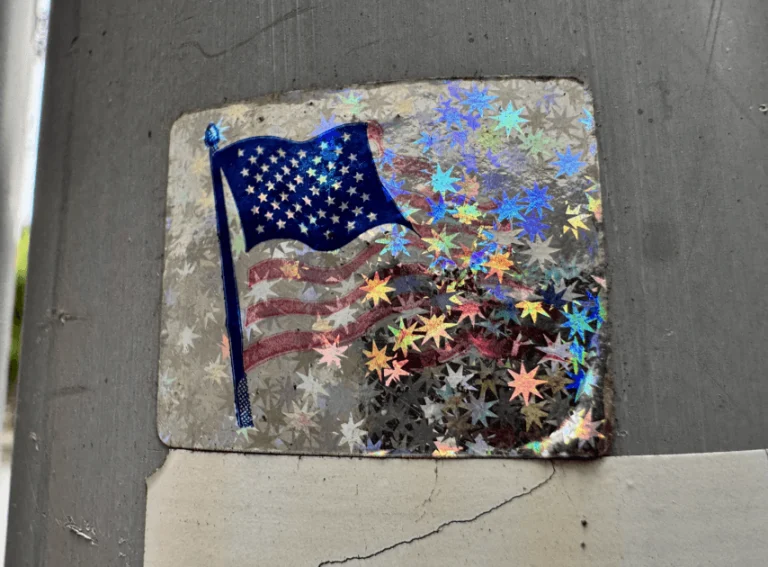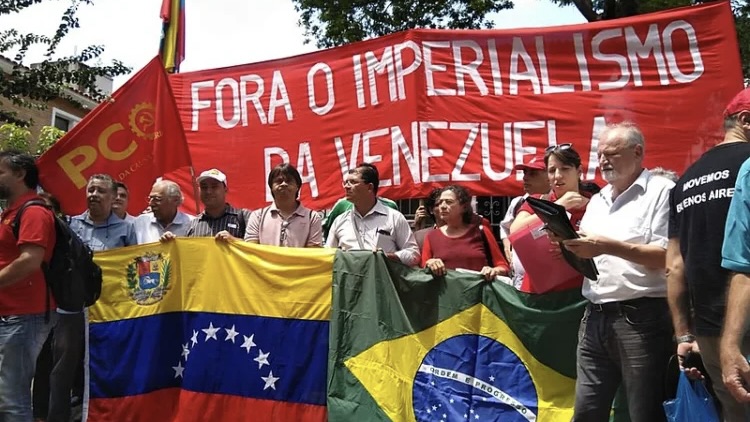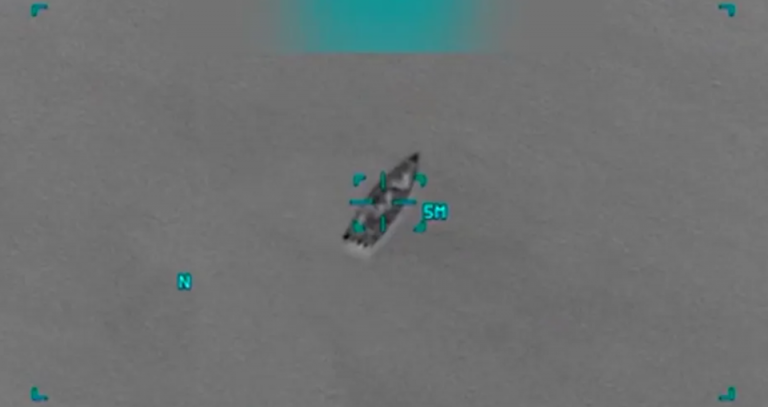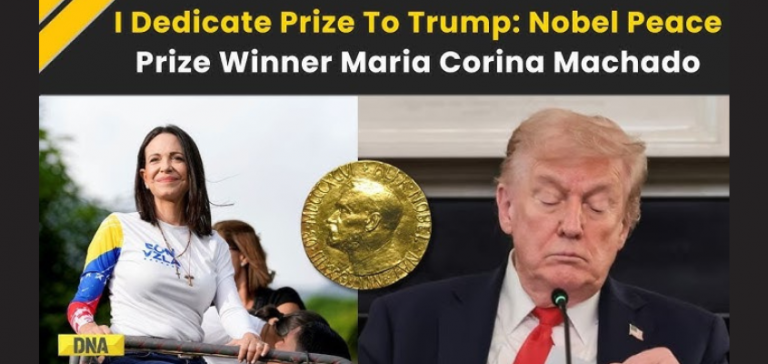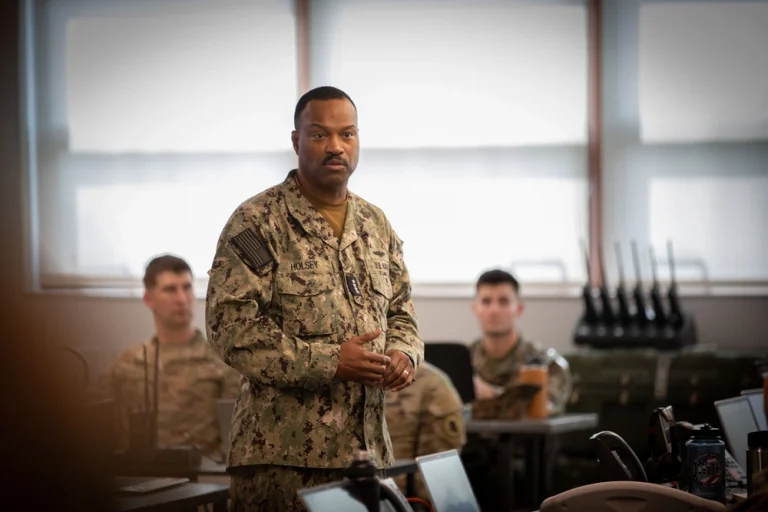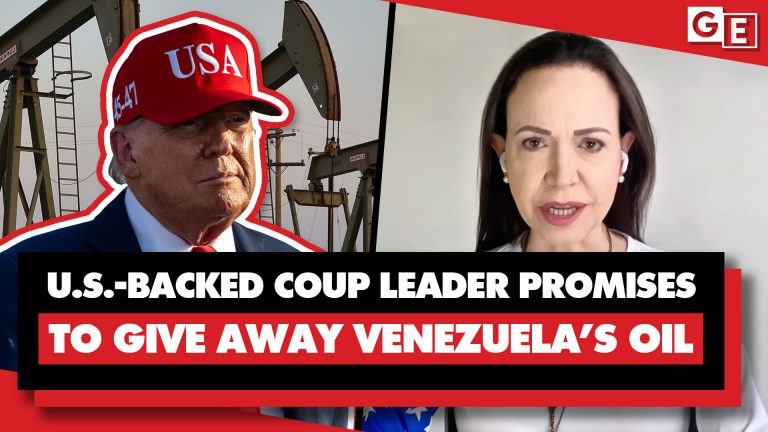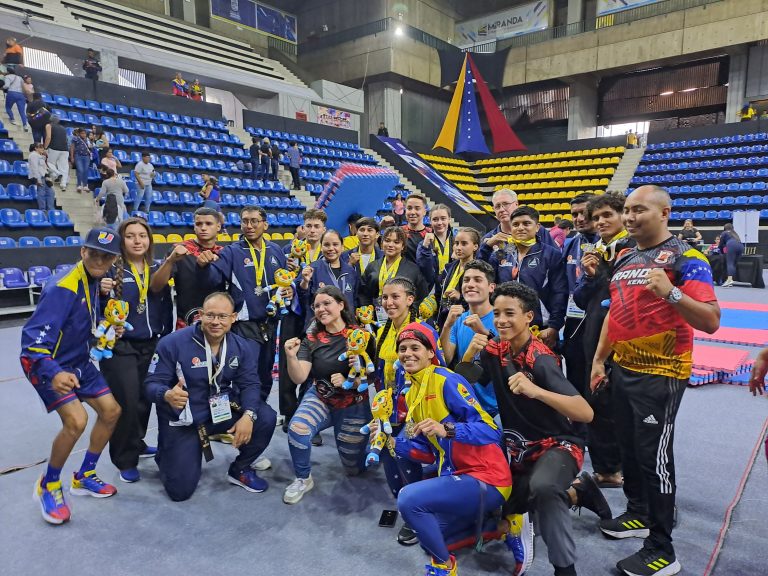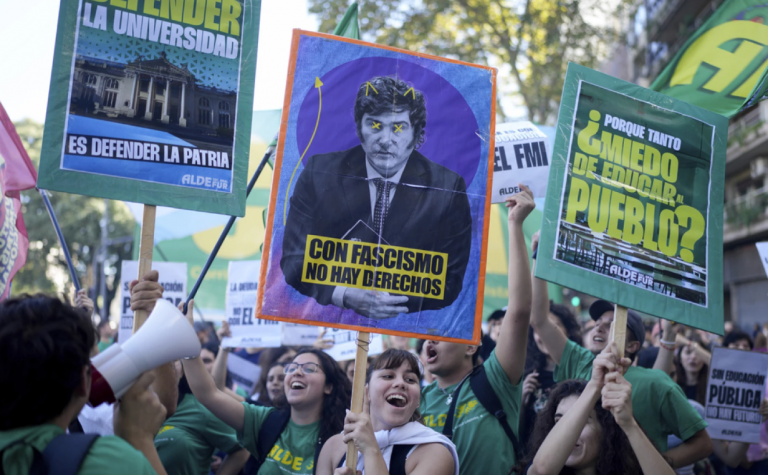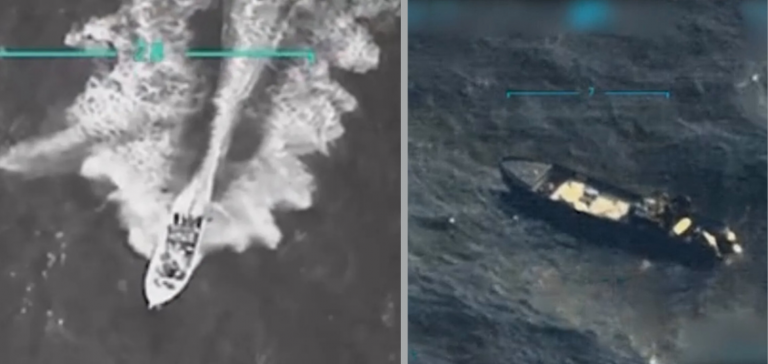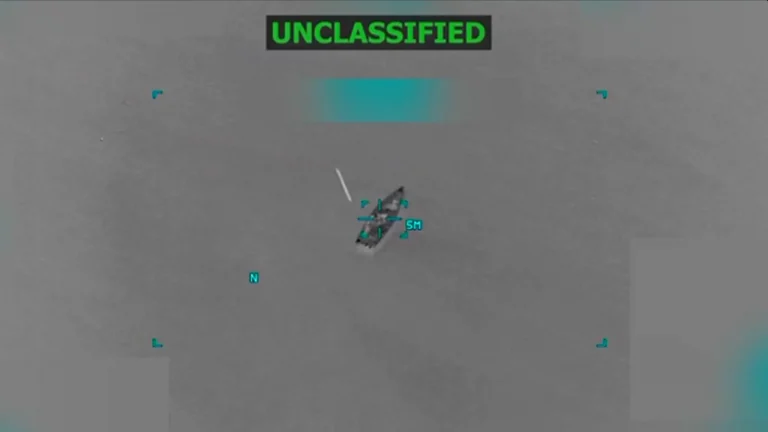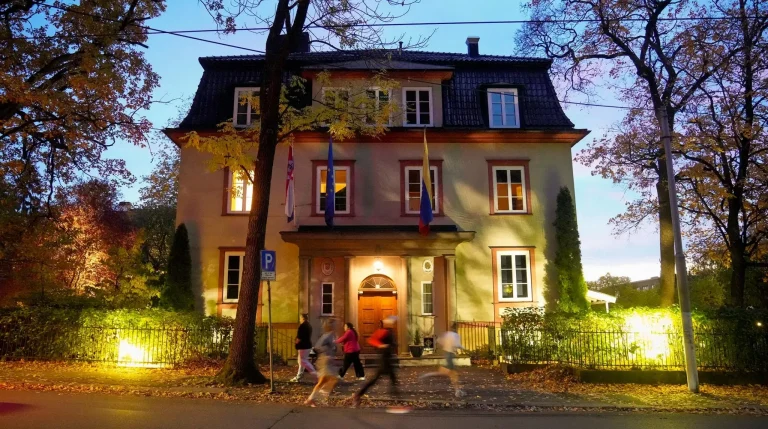Puerto Rico As A Launchpad For War On Venezuela
When President Trump announced that the CIA had been authorized to conduct operations inside Venezuela, just as US drones struck another small boat off Venezuela’s coast, few people in the United States realized that much of this militarization begins on the soil of a land denied its own sovereignty: Puerto Rico.
The island that has lived under US rule since 1898 is once again being used as a staging ground for US militarism, this time for Washington’s latest “war on drugs” narrative, masking a campaign of coercion against Latin America’s independent governments.

